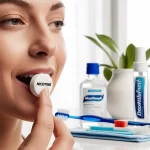Table of Contents
That mysterious fatigue, stubborn weight gain, and recurring brain fog? Your gut is screaming for help, but mainstream medicine is completely missing it. Scientists have discovered a “second brain” hiding in your digestive system that could secretly control your mood, energy, and even your food cravings. This hidden command center houses trillions of bacteria that communicate directly with your brain, impacting everything from depression to autoimmune disease.
The shocking truth? Most health problems START in your gut—and healing this neglected system could reverse symptoms you’ve struggled with for years. Your stomach butterflies aren’t just nerves—they’re real signals from your gut-brain that could control your health, happiness, and even your food cravings without you knowing it.
The Hidden Command Center Running Your Life
Scientists have discovered a neural network in your gut that operates independently from your brain. The secrets it holds could change everything you thought you knew about wellness.
Your gut contains over 500 million neurons—more than your spinal cord. This “second brain” doesn’t just digest food; it manufactures 90% of your serotonin, communicates directly with your brain, and maybe the master controller behind your mood swings, energy crashes, and even weight gain. While conventional medicine focuses on symptoms, the real power switch might be in your intestines all along.
The Microbiome-Mood Connection
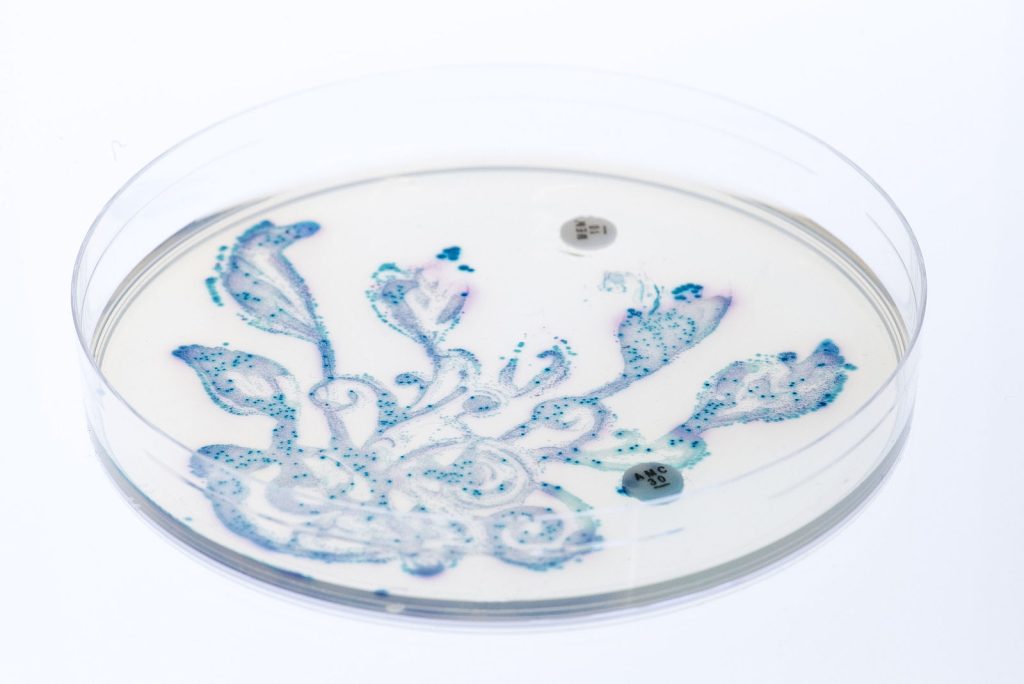
The trillions of bacteria in your gut aren’t just passive hitchhikers—they’re actively creating neurotransmitters that affect how you feel. A study found that transferring gut bacteria from depressed humans to rats made the rats exhibit depression-like behaviors. The implications? Your anxiety might not be “all in your head”—it could be brewing in your belly.
The microbiome’s influence extends beyond mood. Certain bacterial strains produce compounds that can trigger or calm inflammation throughout your body. When gut bacteria are out of balance, they release inflammatory molecules that cross the blood-brain barrier, potentially contributing to brain fog, fatigue, and even serious neurodegenerative conditions.
The Leaky Gut Phenomenon
This isn’t just another wellness buzzword. When your intestinal lining develops tiny holes, partially digested food particles and bacterial toxins escape into your bloodstream, triggering your immune system to sound the alarm. The result? Systemic inflammation can manifest as joint pain, skin issues, autoimmune flare-ups, and persistent fatigue.
What mainstream medicine often misses: common medications like antibiotics and NSAIDs can damage this protective barrier. Even stress can make your gut more permeable within minutes through the gut-brain axis. The good news? This damage can be repaired with the right approach, often bringing rapid relief to symptoms that seem unrelated to digestion.
Surprising Signs Your Gut Is Crying for Help
These seemingly unrelated symptoms might be SOS signals from your digestive system—and they’re not what you’d expect.
Your skin problems, brain fog, and even sugar cravings aren’t random health issues—they’re distress signals from an unhappy gut microbiome. The surprising truth is that gut imbalances often show up everywhere except your digestive system. That mysterious skin rash? Those unexplained mood swings? Your stubborn weight plateau? All potentially tied to what’s happening in your intestines.
Beyond Bloating: Unexpected Gut Distress Signals

Chronic bad breath that persists despite perfect dental hygiene might indicate SIBO (small intestinal bacterial overgrowth). Food sensitivities that seem to multiply monthly could signal intestinal permeability. Even autoimmune conditions like Hashimoto’s thyroiditis have been linked to specific gut bacteria imbalances.
The most commonly missed connection? Sleep disruptions. Your gut microbes follow a circadian rhythm and produce different metabolites depending on the time of day. When this rhythm is disturbed, sleep quality plummets. Meanwhile, poor sleep further disrupts gut health, creating a vicious cycle that conventional sleep aids can’t fix.
Hidden Inflammation: The Root of Modern Disease
The latest research suggests that low-grade gut inflammation might be the shared root cause behind seemingly unrelated conditions. Depression, arthritis, eczema, and even heart disease show common inflammatory markers that often originate from gut dysbiosis.
What functional medicine practitioners know: addressing the gut often resolves mysterious symptoms better than treating each condition separately. One study found that 70% of participants with treatment-resistant depression improved significantly after following a gut-repair protocol—without changing their psychiatric medications.
The 3-Week Gut Reset That Changes Everything
This isn’t another restrictive diet—it’s a strategic reset that targets the root causes of gut dysfunction for rapid, noticeable improvements.
Most gut health advice fails because it focuses on elimination without rebuilding. The key isn’t just removing problem foods—it’s systematically restoring your intestinal lining, replanting beneficial bacteria, and retraining your gut-brain connection. This approach can transform not just digestive symptoms but energy, mood, and even chronic conditions that haven’t responded to conventional treatment.
Week 1: Remove the Inflammatory Triggers
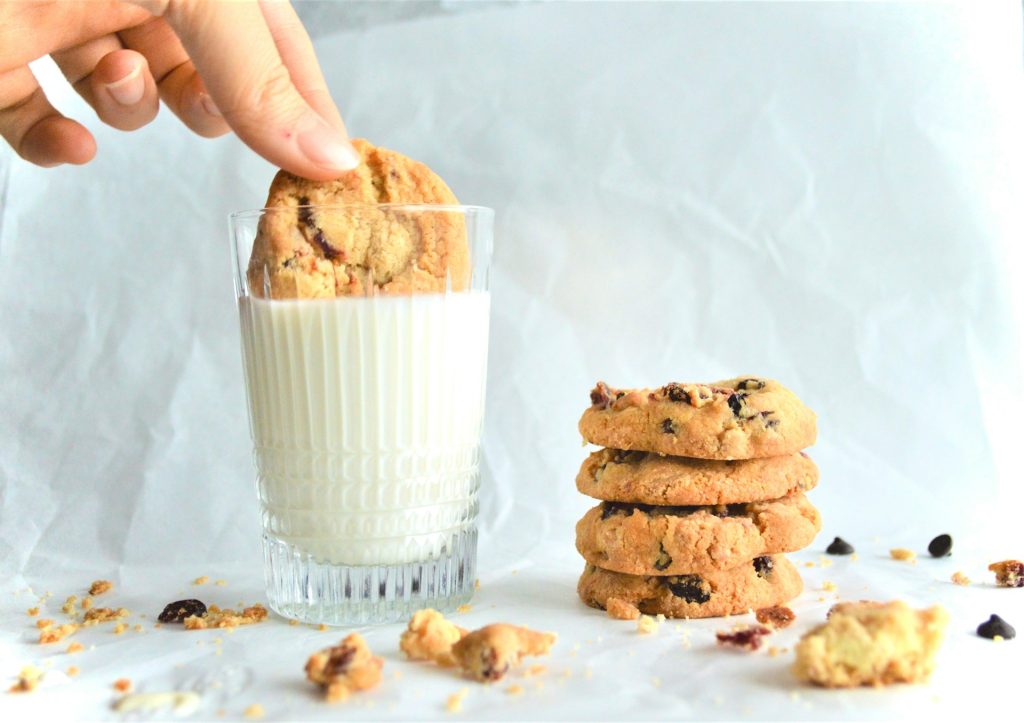
The first step isn’t just cutting gluten and dairy—it’s identifying your inflammatory triggers. While processed sugar, industrial seed oils, and gluten are common culprits, the real disruptors vary between individuals. The quickest way to identify yours? Track your pulse rate before and 20 minutes after eating. A jump of more than 16 beats per minute suggests your immune system is reacting.
Beyond food, hidden gut disruptors lurk in your environment. Chlorinated tap water can deplete beneficial bacteria within hours. Antibacterial soaps specifically target the same bacterial structures found in your protective gut bacteria. Even household cleaning products with quaternary ammonium compounds have been shown to alter gut flora when their residues are inadvertently consumed.
Week 2: Repair Your Intestinal Lining
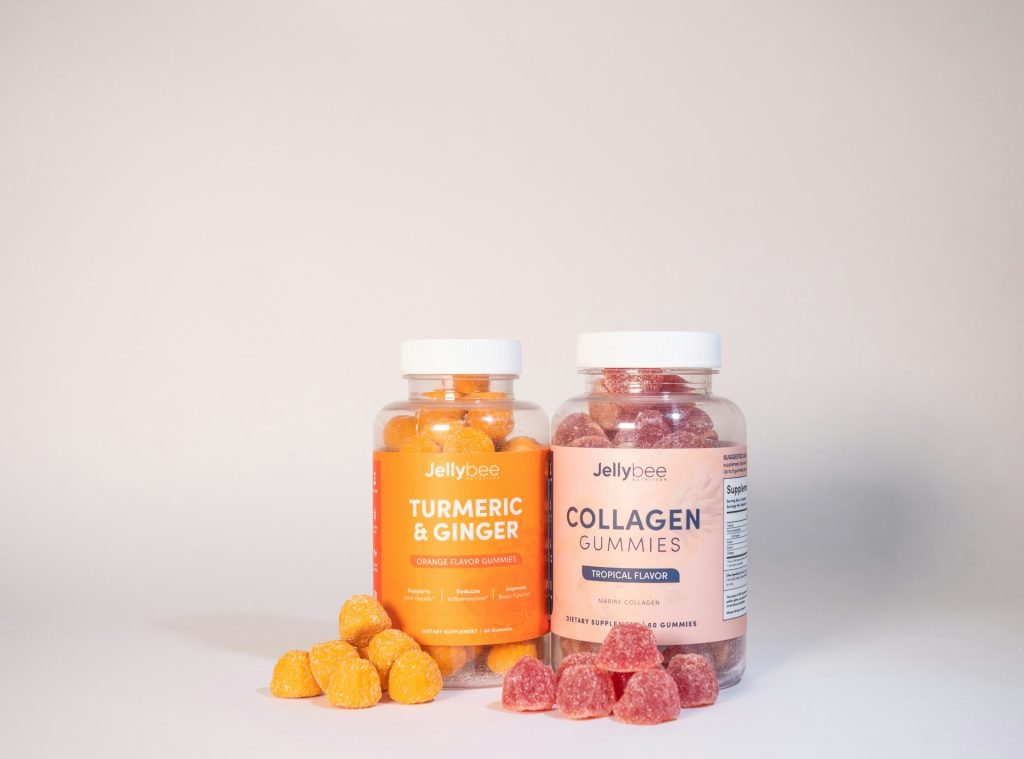
This is where most gut healing protocols fail—they remove triggers but don’t supply the building blocks needed for repair. Your intestines regenerate every 2-3 days, making rapid recovery possible with the right support.
Specific nutrients like zinc carnosine, L-glutamine, and collagen peptides provide the raw materials for rebuilding tight junctions between intestinal cells. Meanwhile, anti-inflammatory compounds in turmeric, ginger, and omega-3s help calm the immune response. The game-changing addition most people miss? Adequate hydration specifically timed between meals, not with them, optimizes the mucosal layer protecting your gut lining.
Week 3: Repopulate and Rebalance
Probiotic supplements alone often disappoint because they introduce beneficial bacteria without creating the environment for them to thrive. The secret to lasting microbial balance lies in prebiotic fibers that feed beneficial bacteria and postbiotics that repair the gut lining.
The strategy that changes everything: phased introduction of fermented foods combined with diverse plant fibers. Start with just 1⁄4 teaspoon of liquid from fermented vegetables, gradually increasing as tolerance improves. Simultaneously, aim to eat 30 different plant foods weekly—the diversity matters more than quantity, with each plant species feeding different beneficial bacterial strains.
The Mind-Gut Connection: Programming Your Second Brain
The surprising truth: your thoughts might influence your gut bacteria as much as your diet does. Here’s how to make this connection work for you.
Scientists have discovered that your gut bacteria eavesdrop on your nervous system. When you’re anxious, stress hormones flood your gut, feeding anxiety-promoting bacteria and suppressing beneficial strains. This creates a self-reinforcing cycle where your gut microbiome amplifies your stress response. Breaking this cycle requires addressing both ends of the gut-brain axis.
Beyond Probiotics: Next-Generation Gut Support
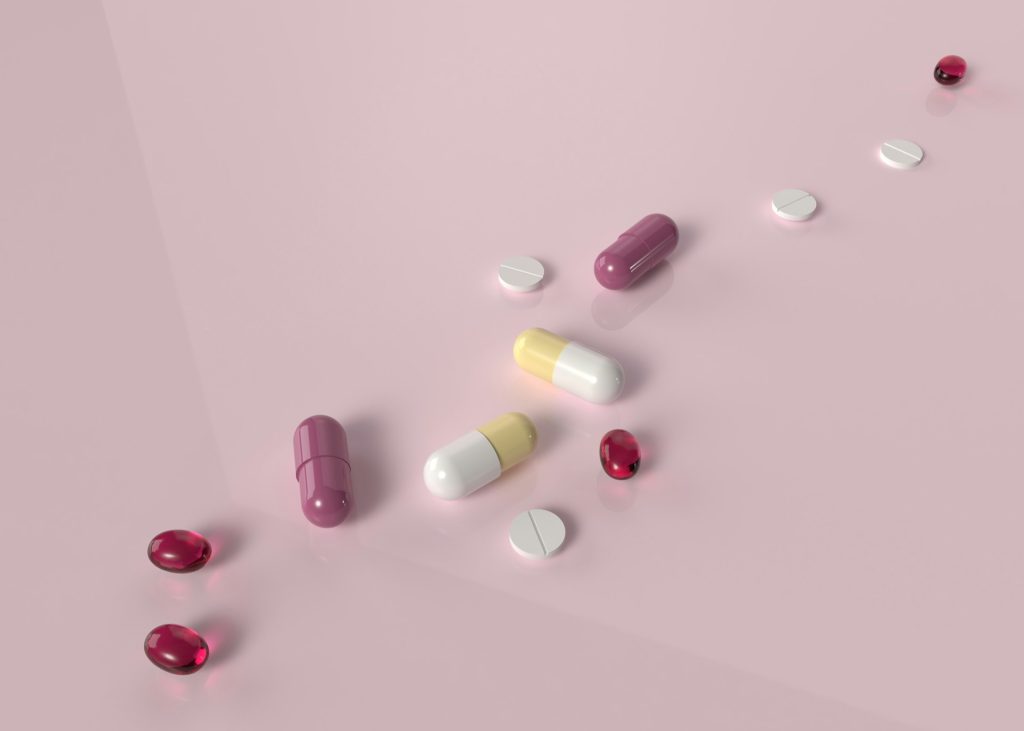
Forget basic probiotics—these cutting-edge approaches target specific gut functions for personalized results that generic supplements can’t match.
The probiotic industry is projected to hit $85 billion by 2027, yet many people see minimal results from these supplements. The most effective gut support strategies now focus on specific bacterial strains for targeted effects and creating the optimal environment for your existing gut flora to flourish.
Precision Postbiotics
Unlike probiotics (living bacteria) or prebiotics (food for bacteria), postbiotics are the beneficial compounds bacteria produce. These include short-chain fatty acids like butyrate that fuel intestinal cells, antimicrobial peptides that selectively suppress harmful bacteria, and neurotransmitter precursors that influence mood and cognition.
The advantage? Postbiotics provide consistent benefits regardless of your existing gut composition and don’t require live bacteria to survive your stomach acid. For those with sensitive digestive systems, specific postbiotics like tributyrin can improve gut barrier function without the bloating or discomfort sometimes triggered by probiotic supplements.
Targeted Digestive Support
Digestive enzymes aren’t one-size-fits-all. Specialized formulations that address specific digestive patterns show dramatically better results than broad-spectrum products. Insufficient fat digestion responds best to lipase and oxbile supplements. Protein maldigestion requires different enzyme combinations than carbohydrate issues.
The approach that’s revolutionizing digestive symptom relief: biofilm disruptors that break down the protective matrix where problematic microbes hide, combined with specific antimicrobial compounds and targeted probiotics to reclaim this intestinal real estate with beneficial species.
The Gut Revolution Is Just Beginning
Your gut isn’t just a digestive organ—it’s the foundation of your overall health, affecting everything from immune function to brain performance. The simple daily choices that support this complex ecosystem could be the most powerful health investment you’ll ever make.

Hi! I’m Dave, a longtime biohacker focused on natural ways to improve health and performance. My work revolves around analyzing the science behind cognitive enhancers, nutrition, and longevity strategies. I’m particularly interested in natural nicotine products and their effects on focus and energy. Everything I share is based on research and real-world application, ensuring practical, reliable insights. Please note, none of the information shared here is medical advice.




